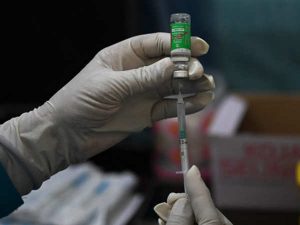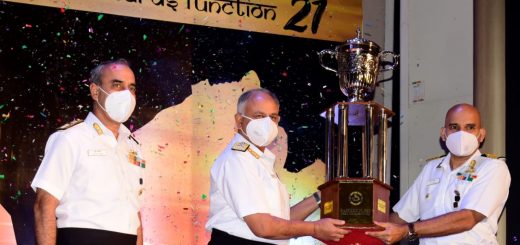Covishield vaccine: India will revisit dosage interval based on emerging data

Manjil Das, INN/Chennai
Twitter-@SGiggle29 @Infodeaofficial
According to N K Arora, chairperson of the working group of the immunisation advisory council NTAGI, India would examine the dosing interval for the Covishield vaccine and take appropriate action depending on emerging facts.

In a statement, he described the Covid and vaccination scenario as “extremely dynamic,” adding that new evidence and studies on the efficacy of partial vs full immunisation are also being considered.
He stated the decision to prolong the time between two Covishield doses from four to six weeks to 12-16 weeks was based on scientific evidence and that no member of the National Technical Advisory Group on Immunization (NTAGI) objected.
Mr Arora explained that the four-week decision was made based on the results from the bridging experiment at the time. He also stated that increasing the space between two dosages was based on studies that demonstrated that increasing the gap increased efficacy. The early research on Covishield was quite mixed. When the vaccine was first offered in December 2020, several nations, including the United Kingdom, chose a 12-week dose period, he added.
According to a study conducted at the PGI Chandigarh, vaccination efficacy was 75 per cent for both partially immunised and completely immunised people. So, in the near term, it didn’t matter whether you were partially or fully vaccinated. This was in reference to the Alpha strain that had ravaged Punjab, northern India, and Delhi. This also meant that even if you just got one dose, you were still protected.”
“Another important study by CMC Vellore, Tamil Nadu, which covers most of the current epidemic wave India experienced in April and May 2021, shows that if someone is partially immunised, the vaccine effectiveness of Covishield is 61 per cent, and with two doses, the effectiveness is 65 per cent – and there is very little difference, especially since there is some degree of uncertainty involved in determining vaccine effectiveness.”




